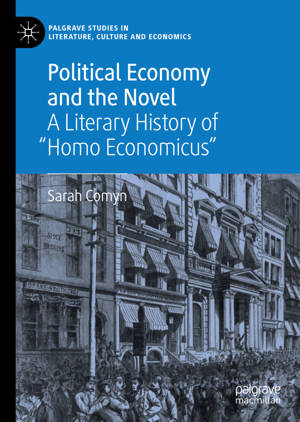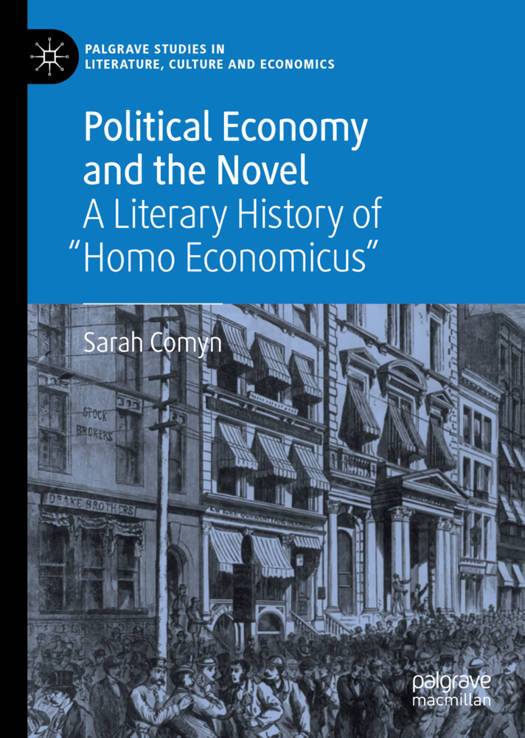
- Afhalen na 1 uur in een winkel met voorraad
- Gratis thuislevering in België vanaf € 30
- Ruim aanbod met 7 miljoen producten
- Afhalen na 1 uur in een winkel met voorraad
- Gratis thuislevering in België vanaf € 30
- Ruim aanbod met 7 miljoen producten
Omschrijving
Political Economy and the Novel: A Literary History of 'Homo Economicus' provides a transhistorical account of homo economicus (economic man), demonstrating this figure's significance to economic theory and the Anglo-American novel over a 250-year period. Beginning with Adam Smith's seminal texts - Theory of Moral Sentiments and The Wealth of Nations - and Henry Fielding's A History of Tom Jones, this book combines the methodologies of new historicism and new economic criticism to investigate the evolution of the homo economicus model as it traverses through Ricardian economics and Jane Austen's Sanditon; J. S. Mill and Charles Dickens' engagement with mid-Victorian dualities; Keynesianism and Mrs Dalloway's exploration of post-war consumer impulses; the a/moralistic discourses of Friedrich von Hayek, and Ayn Rand's Atlas Shrugged; and finally the virtual crises of the twenty-first century financial market and DonDeLillo's Cosmopolis. Through its sustained comparative analysis of literary and economic discourses, this book transforms our understanding of the genre of the novel and offers critical new understandings of literary value, cultural capital and the moral foundations of political economy.
Specificaties
Betrokkenen
- Auteur(s):
- Uitgeverij:
Inhoud
- Aantal bladzijden:
- 283
- Taal:
- Engels
- Reeks:
Eigenschappen
- Productcode (EAN):
- 9783319943244
- Verschijningsdatum:
- 24/10/2018
- Uitvoering:
- Hardcover
- Formaat:
- Genaaid
- Afmetingen:
- 148 mm x 210 mm
- Gewicht:
- 503 g

Alleen bij Standaard Boekhandel
Beoordelingen
We publiceren alleen reviews die voldoen aan de voorwaarden voor reviews. Bekijk onze voorwaarden voor reviews.









